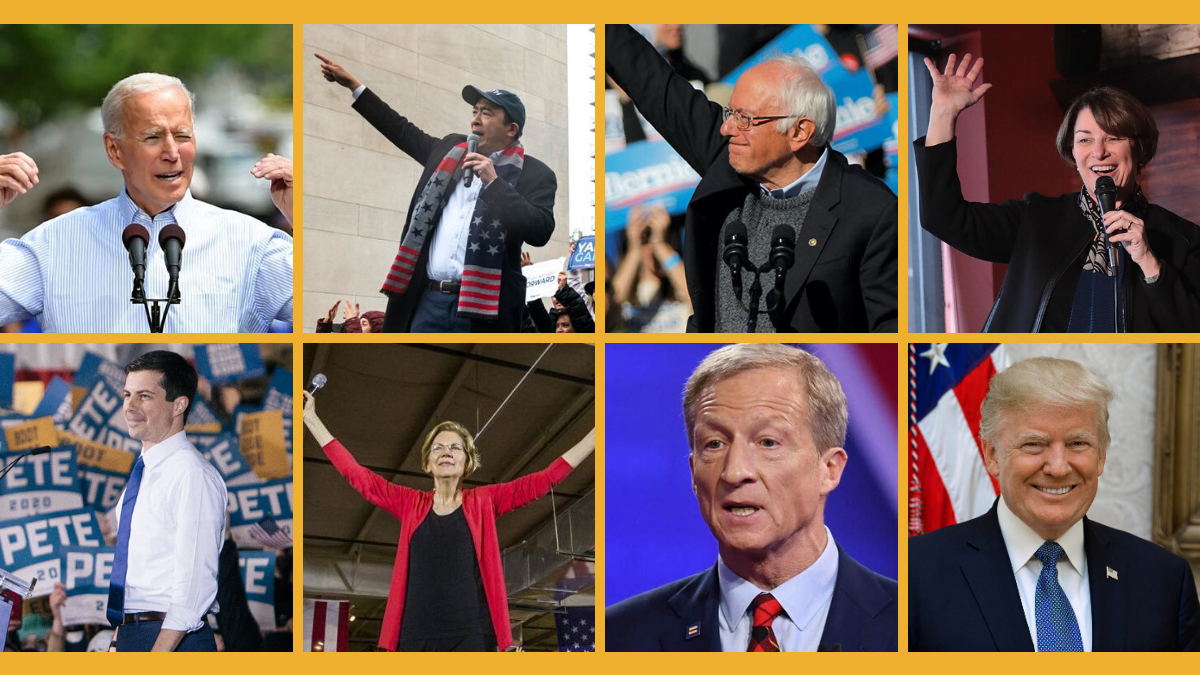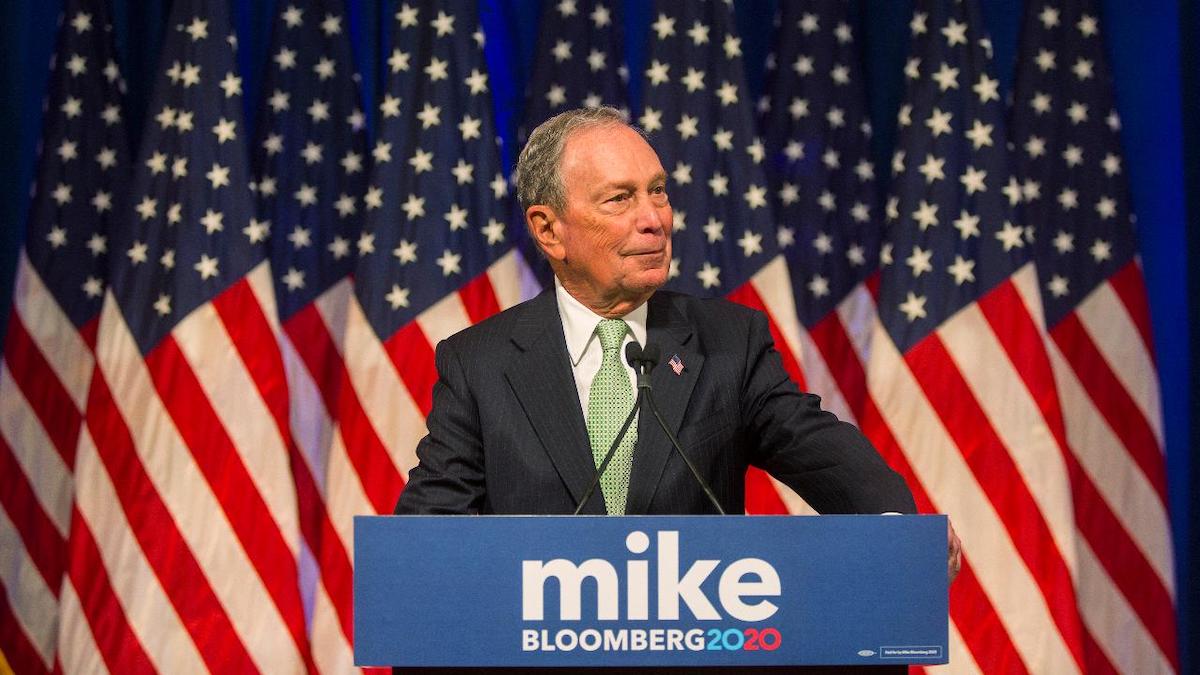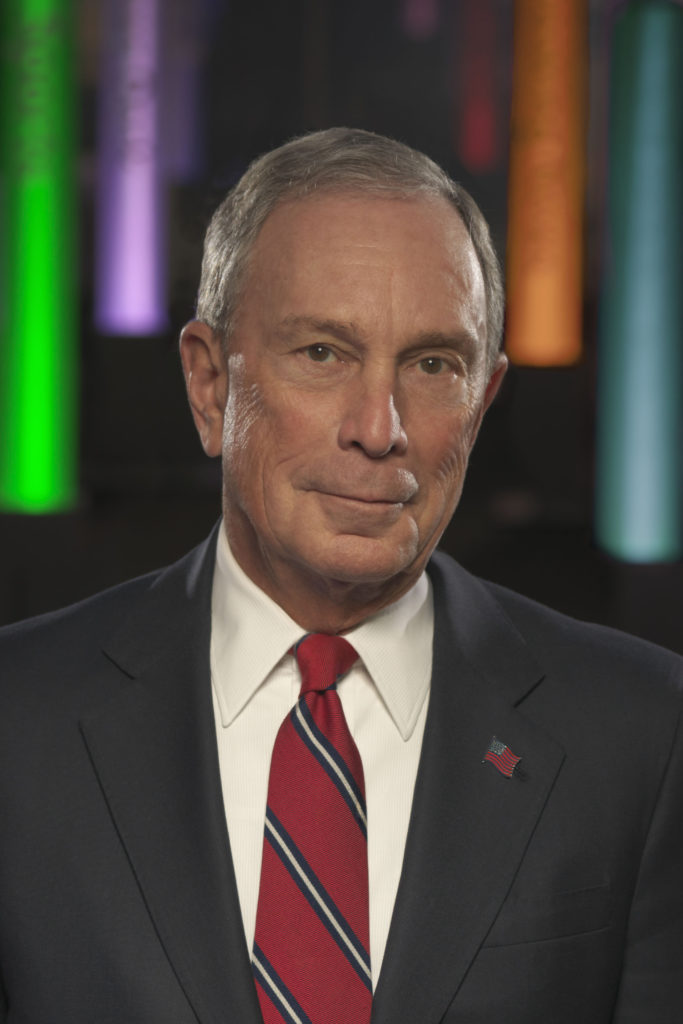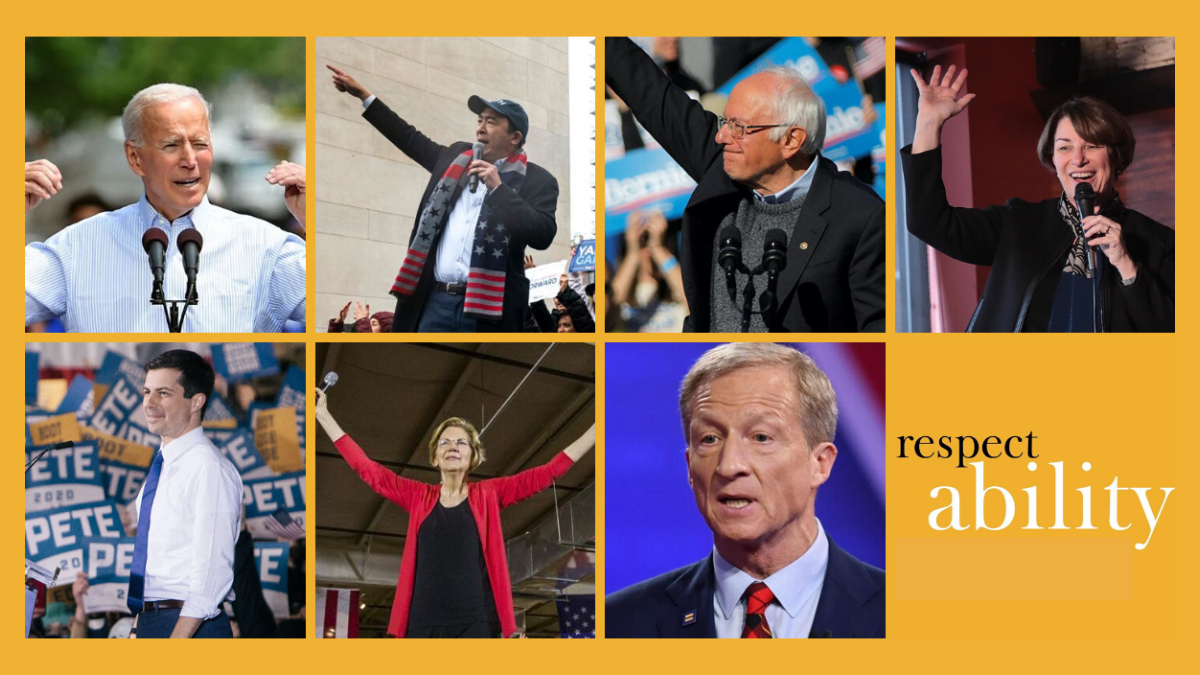Los Angeles, Dec. 19 – For the first time this political season, a debate moderator, Politico’s Tim Alberta, asked a question specifically on disability policy – giving the example of Kyle, a young adult with disabilities in Iowa: “Are there specific steps you would take to help people like Kyle to become more integrated into the workforce and into their local communities?”
Out of more than 20 million working-age people with disabilities, just 7.5 million have jobs, while 70 percent would prefer to be employed. This data also shows the serious gaps that remain between disabled and non-disabled Americans: 37 percent of U.S. civilians with disabilities ages 18-64 living in the community had a job, compared to 77.2 percent for people without disabilities.
Just three candidates were given the opportunity to respond – businessmen Tom Steyer and Andrew Yang, and Sen. Elizabeth Warren. Sen. Amy Klobuchar – and potentially others off camera – also tried to answer but the moderators moved on to another topic.





